Mombasa Lands CEC Mohamed Hussein has been arrested in connection with the alleged gang rape of a blogger, Bruce John Kajira, who had been critic of Governor Abdulswamad Nassir.
The incident, which has shocked many, occurred shortly after Kajira made public comments criticizing the governor’s administration.
According to the Coast Regional Directorate of Criminal Investigations (DCI) boss Guyo, Hussein is believed to be linked to this heinous crime, which has prompted widespread condemnation and calls for accountability.
On September 12, 2024, Kajira was abducted from his residence in Bamburi by individuals who falsely claimed they were facilitating an apology meeting with the governor.
Instead, Kajira was taken to an undisclosed area where he was physically assaulted and subjected to sexual violence.
After the brutal attack, the assailants left him unconscious, abandoning him in a remote location. Kajira was later found and taken to a hospital, where he has been recovering from his injuries.
The blogger has since filed a police report detailing the assault and has been cooperating with authorities to bring those responsible to justice.
The arrest of Mohamed Hussein has brought attention to the role of political power in silencing critics in Mombasa County.
Kajira had been a vocal critic of Governor Abdulswamad Nassir’s administration, often using his platform to highlight issues related to governance and corruption.
His comments were perceived by some as inflammatory, leading to heightened tensions between the blogger and the political establishment.
While it remains unclear if the governor himself is directly implicated in the case, his connection to the arrested CEC has raised questions about the extent of political involvement in this crime.
DCI investigations are ongoing, and authorities are actively pursuing other suspects connected to the attack.
Reports suggest that the individuals involved in Kajira’s abduction recorded the assault and used the footage to intimidate him into silence.
This form of blackmail, according to investigators, was intended to prevent Kajira from pursuing legal action or further criticizing the governor.
Despite these threats, Kajira has bravely come forward, seeking justice for the traumatic ordeal he endured.
The case has sparked outrage across Kenya, with human rights organizations, including the Kenya Human Rights Commission (KHRC), condemning the attack and calling for swift legal action against all perpetrators.
The assault is being viewed as not only a criminal act but also an attempt to silence freedom of speech and suppress dissent against those in power.
In a statement following the arrest, DCI Coast boss Guyo affirmed that the investigation is still at an early stage, and more arrests are expected as the probe continues.
The agency is committed to ensuring that all those responsible, regardless of their political affiliations or status, are held accountable.
The case has reignited the debate on political violence and the misuse of power to intimidate or silence critics in Kenya.
For years, there have been allegations of government officials using their positions to suppress dissent through coercion or violence.
However, this incident marks a particularly egregious example, with the involvement of a high-ranking county official and the brutal nature of the attack.
The public awaits further developments, hoping that the justice system will not be swayed by political influence.
The arrest of Mohamed Hussein is seen as a positive step, but there is concern that powerful forces might attempt to derail the case.
Kajira’s supporters and civil society groups have vowed to keep up the pressure, demanding transparency and accountability throughout the legal process.
This case poses the importance of protecting free speech and ensuring that individuals are not subjected to violence for expressing their opinions. It also highlights the need for stronger measures to combat political corruption and safeguard human rights in Kenya.







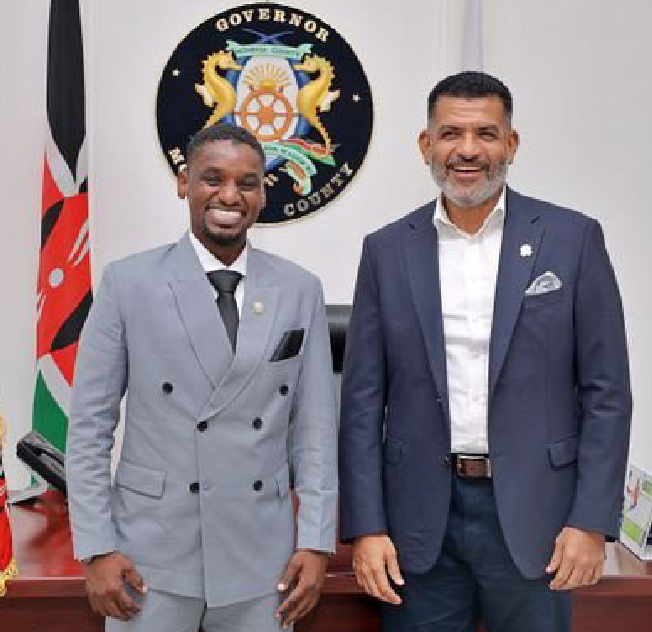




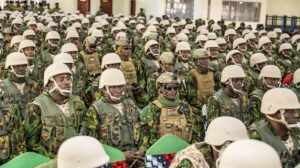

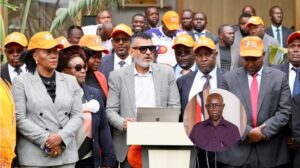
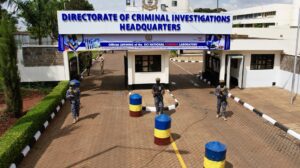
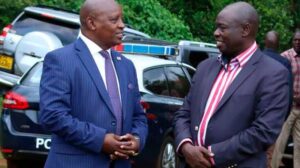

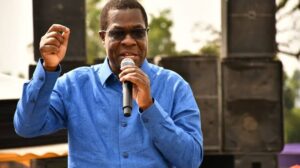
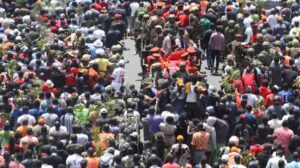

Add Comment